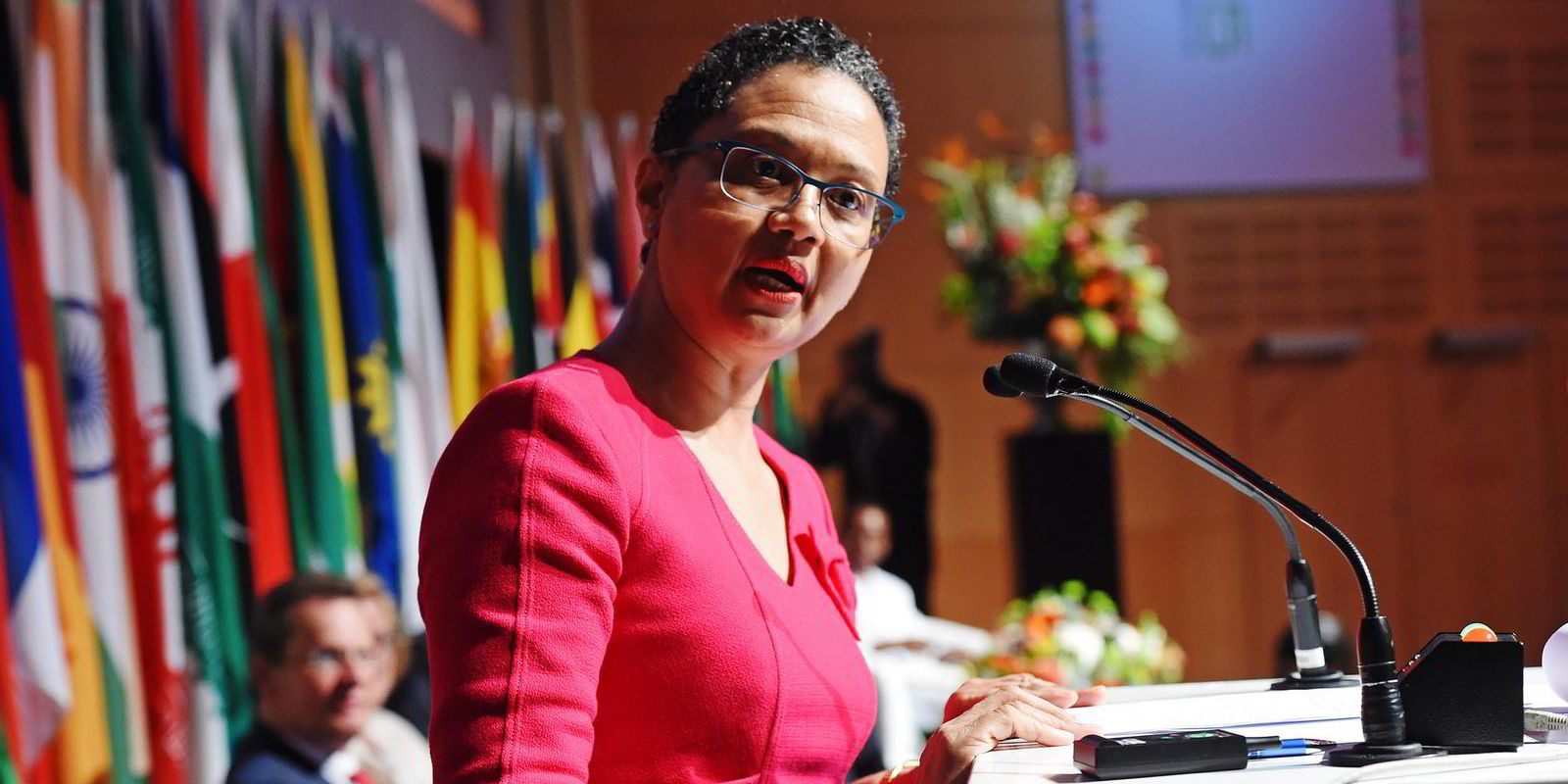The 134MW Amakhala Emoyeni, the first wind project developed by Cennergi – a joint venture between local company Exxaro Resources and Indian giant Tata Power – entered service yesterday near Bedford in the Eastern Cape.
The Nordex-built Amakhala Emoyeni was awarded a contract as long ago as May 2012 in the second bidding round of the South African government’s Renewable Energy Independent Power Producer Procurement Programme (REIPPPP).
But

